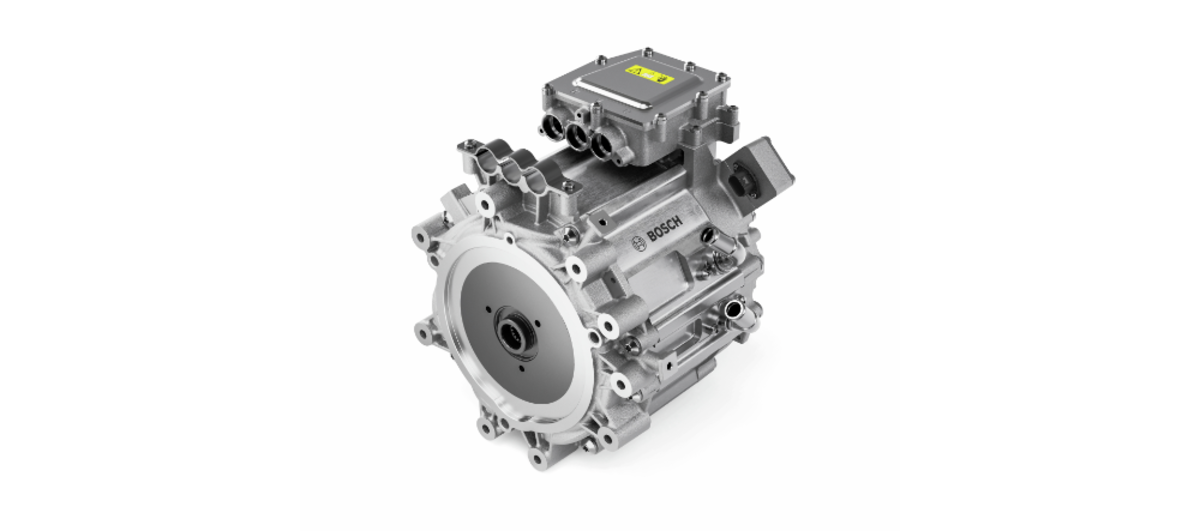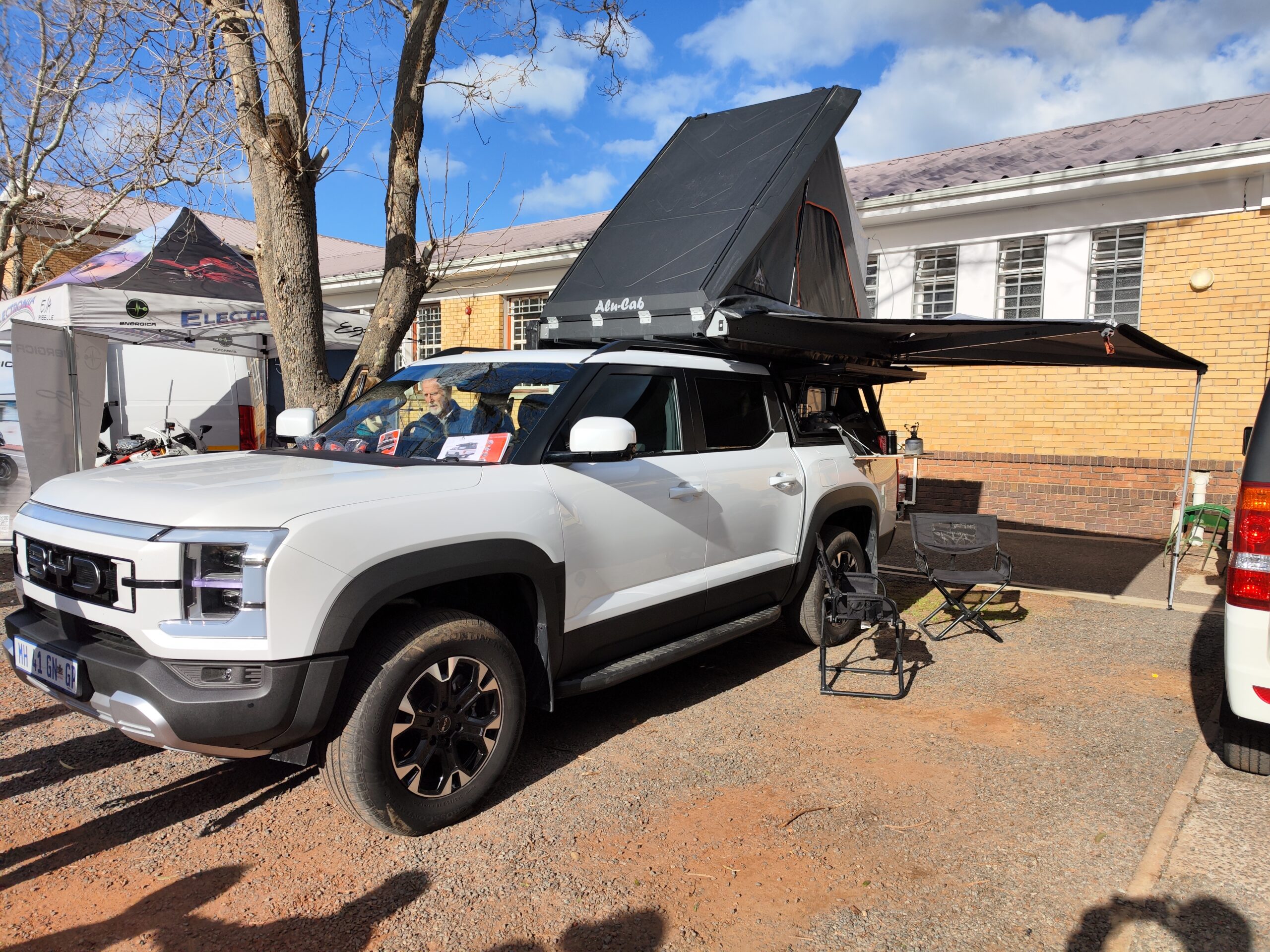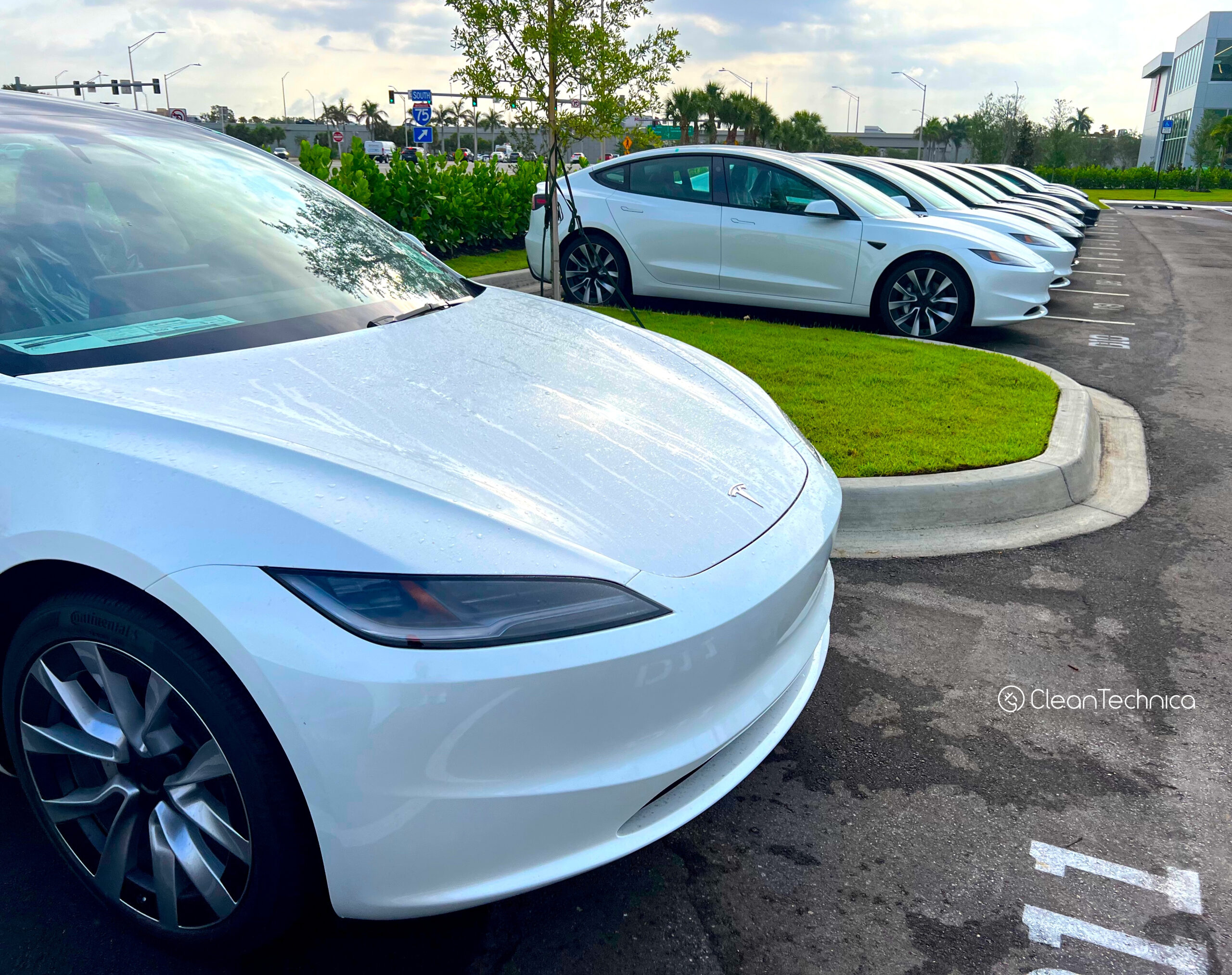Support CleanTechnica’s work through a Substack subscription or on Stripe.
Our resident farmer, Dan Allard, tells us that converting tractors and other farm machinery to battery-electric systems is not easy. Unlike an electric car, which coasts along at part throttle much of the time, a tractor is expected to supply its maximum output for hours on end. There is no lifting and coasting on the farm. If it’s not dragging a harrow up and down the back forty, it’s towing a harvester or a baling machine.
Farming is hard, heavy work. Making machines that run on electricity that can replace conventional farm equipment is like making an F-150 Lightning that can tow a trailer laden with a classic Mustang Mach 1 up a 7% grade that never ends. That requires fundamental, base level grunt that few battery-powered machines can supply.
Bosch is a Tier One supplier to the global auto industry. It doesn’t manufacture automobiles, but it does make many of the components that make them go — axles, transmissions, steering gear, and so forth. As the industry transitions to battery powered vehicles, Bosch decided it should jump onboard the EV train before it left the station.
In 2022, Mike Mansuetti, president of Bosch in North America, told the press, “We’ve invested more than $6 billion dollars in electro-mobility development and in 2021 our global orders for electro-mobility surpassed $10 billion dollars for the first time.” The company announced at the time that it would construct a factory in South Carolina to build components for EV motors.
Bosch Introduces 800 Volt System For Farm Equipment
Fast forward to today. In a press release dated October 29. 2025, Bosch announced it will debut an 800 volt electric drive system for agricultural machinery at the Agritechnica 2025 show in Hanover, Germany. The new platform delivers up to 188 kW (252 hp) of continuous power and is designed for use in both fully electric and hybrid agricultural machinery applications.
Bosch says the powertrain offers significant benefits for farmers. In particular, it offers high efficiency, minimal maintenance, and low operating costs. Those advantages are amplified if the electricity to power the farm machinery is generated locally using biogas, combined heat and power plants, or photovoltaic systems.
Electrive reports the 800 volt drive system uses the Bosch SMG230 electric motor and a highly efficient inverter that using silicon carbide power modules for maximum efficiency. The motor is designed for system voltages between 400 and 850 volts and achieves a continuous power of 188 kilowatts with approximately 250 Nm (185 ft-lbs) of torque. For short periods of time, it can deliver up to 550 Nm (405 ft-lbs) of torque.
Bosch claims the 800 volt design increases power density, providing up to 80 kilowatts more power than a comparable 400 volt system of the same weight. Conversely, the weight of the equipment can be reduced while offering the same power as heavier machines.
The inverter uses silicon carbide semiconductors that enable faster switching and reduced energy loss in the form of heat. Bosch reports an efficiency level above 99% for the inverter. The safety and diagnostic system is based on established automotive standards, which have been adapted for use in agricultural machinery. Bosch Engineering provides support for system integration and application development in agricultural vehicles.
 Credit: Bosch
Credit: Bosch
Highly Adaptable Components
The electric drive system can be configured to work with existing equipment as well as incorporated into new machines. The compact dimensions enable straightforward integration into tight installation spaces, the company says. In addition, it can be used as part of a purely battery-electric platform for small and medium agricultural vehicles, or as part of a hybrid system in larger equipment.
According to Bosch, the drive system can be combined with transmission solutions from Bosch Rexroth, including the eGFV9120 coaxial gearbox, which is also on display at the trade fair in Hanover, Germany.
“Our powerful new electrification solution combines high power density, compact dimensions, and optimum efficiency. Its impressive flexibility makes it the perfect choice for the electrification of all types of agricultural machinery,” said Philip Kurek, responsible for off-highway and maritime solutions at Bosch Engineering.
Because of its improved overall efficiency results, the electric platform from Bosch can helo lower the total cost of ownership of the machinery equipped with the Bosch electric technology over the useful service life of the equipment.
Reduced Emissions Are A Plus
We think of the EV revolution as being particular to cars and light trucks, but a big part of the carbon emissions attributable to the transportation sector comes from commercial vehicles such as heavy duty trucks, buses, fire engines, construction and mining equipment, freight handling machinery, and farm implements. Typically, there are no government incentives for buying those vehicles; they have to justify their purchase the old fashioned way — by costing less to operate and being more durable than conventional vehicles.
That is exactly the business case for this new farm machinery technology from Bosch. Most customers will be less interested in lowering their emissions than they are in boosting their bottom line. Kudos to Bosch for being out in front in bringing electric power to the farming community.
Sign up for CleanTechnica’s Weekly Substack for Zach and Scott’s in-depth analyses and high level summaries, sign up for our daily newsletter, and follow us on Google News!
Have a tip for CleanTechnica? Want to advertise? Want to suggest a guest for our CleanTech Talk podcast? Contact us here.
Sign up for our daily newsletter for 15 new cleantech stories a day. Or sign up for our weekly one on top stories of the week if daily is too frequent.
CleanTechnica uses affiliate links. See our policy here.
CleanTechnica’s Comment Policy




